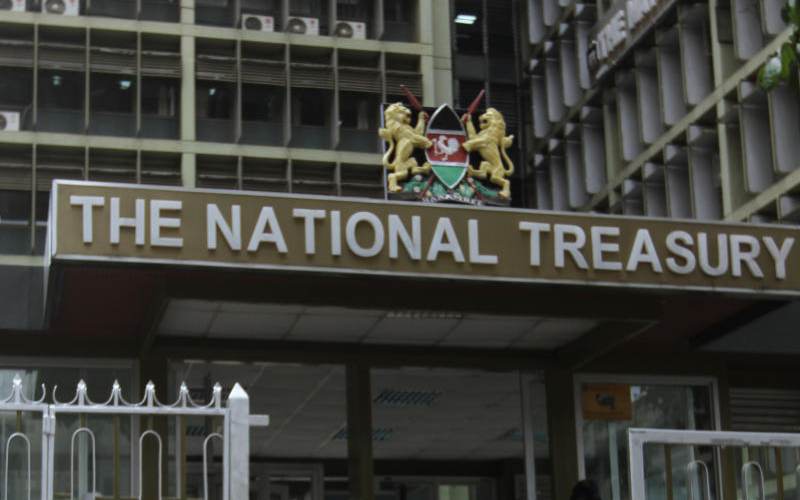
It’s official, Kenya is in a recession. As economists debate the KNBS Quarter 3 GDP report, I am left wondering why do statistics provoke rather than settle arguments? We may be approaching a post-statistical mindset. The life of late former KNBS Director General Jotham Ngucuga Mwaniki tells us how dangerous this is for our society.
The KNBS 2020 Quarter 3 Report establishes that the economy is at weakest since 2008 and 2002. The political implications is clear. 2008 saw post-election violence claim the lives of over 1,000 people and destabilised 100,000s of others. 2002 saw the end of 24-year reign of the Moi/KANU in NARC’s decisive victory.